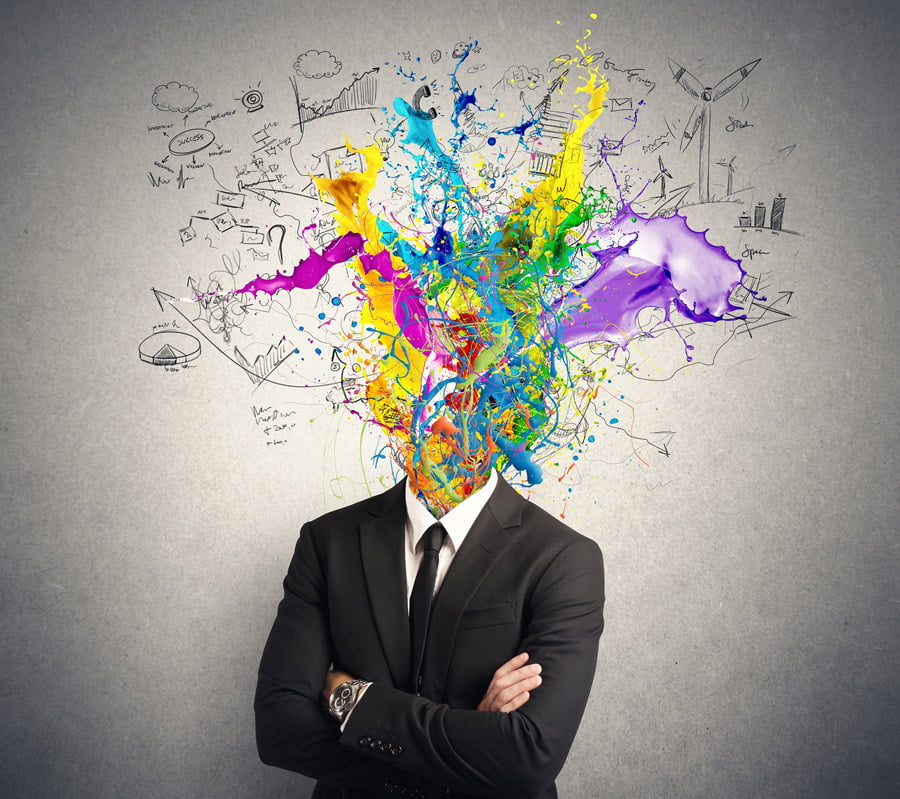How Coffee affect on your mind, Wowessays review

Several research studies have investigated how coffee affects the brain and its functions. The potential effects are mainly related to caffeine, one of the main components of coffee. The findings of the study on both caffeine and coffee are given below, with more detailed information available at the Research Center for Coffee and Health website.
Coffee and mental performance
The caffeine in coffee acts as a mild stimulant for the central nervous system. Studies have shown that caffeine can help improve mental performance, especially on alertness, focus, and concentration, depending on intake levels, custom college essays for this topic.
The European Food Safety Authority (EFSA) concluded that a cause-and-effect relationship between improved vigilance and attention and 75mg caffeine (the amount in a regular cup of coffee) was established.
For example, in conditions of low alertness or lack of sleep, caffeine may improve wakefulness; Nighttime driving 2,3, working at night 4, suffering from cold and during lunch 6 after dip.
In a sample of people younger than 40, a study found that caffeine or coffee jet lag or shift work can be effective in improving performance in people suffering from sleep disorder 7.
Some studies have shown that caffeine can enhance memory performance, especially when tedious, repetitive tasks are involved. However, greater intake may impair the performance, possibly due to over-stimulation.
Coffee and sleep
The stimulant effects of caffeine can affect sleep patterns, and evidence suggests that there is an association between daily intake of caffeine, quality of sleep, and daytime sleepiness. Sensitivity however varies between individuals and consuming caffeine during the day can improve sleep patterns. Late intake can help improve sleep patterns.
The effects of caffeine are less pronounced in regular caffeinated coffee drinkers than in topical / non-coffee drinkers. In addition, age 10,11 and genetics 12,13,14 may also play a role.
Research has shown that caffeine-rich coffee intake throughout the day can help improve sleep quality15.
Reducing caffeine intake late in the day can improve sleep patterns.
Caffeine and Dependence
Scientific evidence suggests that caffeine does not induce dependence, as also confirmed by WHO. Sudden discontinuation of caffeine consumption may cause withdrawal symptoms in some regular caffeine users, but are generally not severe and of short duration.
For many people, drinking coffee regularly can become a habit, but the habit is not the same as addiction. The World Health Organization states that there is no evidence to suggest that caffeine use has comparable physical and social consequences of addiction 16.
Brain mapping techniques suggest that caffeine dependence is not associated with 17's brain circuits.
According to previous research on the sudden discontinuation of caffeine, the American Psychiatric Association recently defined caffeine withdrawal as a syndrome that results in a sudden decrease or decrease in caffeine after prolonged daily use 18.
Symptoms of caffeine withdrawal (headache, low alertness, and drowsiness) can be completely avoided if caffeine intake is progressively reduced to 19.
Coffee and Neurodegenerative Disorders
Recent studies suggest that habitual coffee consumption may help maintain cognitive function in older adults, especially women. Research has also investigated the effects of coffee on neurodegenerative disorders such as Alzheimer's and Parkinson's disease.
Drinking coffee regularly throughout life can slow age-related cognitive decline, particularly in women and this protective effect increases with age 20,21,22,23.
Most studies in humans find that regular coffee intake throughout life reduces the risk of developing Alzheimer's disease. A meta-analysis found that coffee intake was associated with a 17–20% lower risk of Alzheimer's disease.
Research suggests that regular coffee drinkers are at a lower risk of developing Parkinson's disease than non-coffee drinkers 24,25. The risk decreases with increasing caffeine intake. 26
The components responsible for these effects on neurological function in coffee are still under investigation. Caffeine may play a role but other neuroprotective, antioxidant, or anti-inflammatory components of coffee are also candidates. However, for Parkinson's disease, research suggests that the possible preventive effect may be due to caffeine
Tags:
Replies to This Discussion
Barista Exchange Partners
Keep Barista Exchange Free
Are you enjoying Barista Exchange? Is it helping you promote your business and helping you network in this great industry? Donate today to keep it free to all members. Supporters can join the "Supporters Group" with a donation. Thanks!
© 2026 Created by Matt Milletto.
Powered by
![]()
